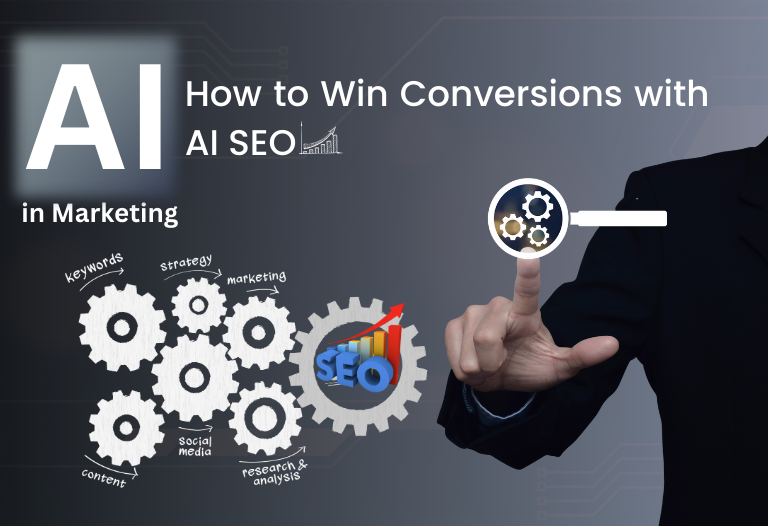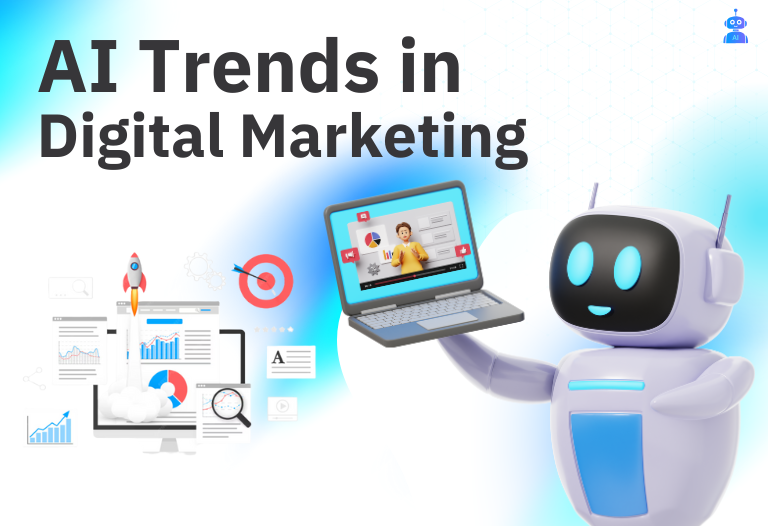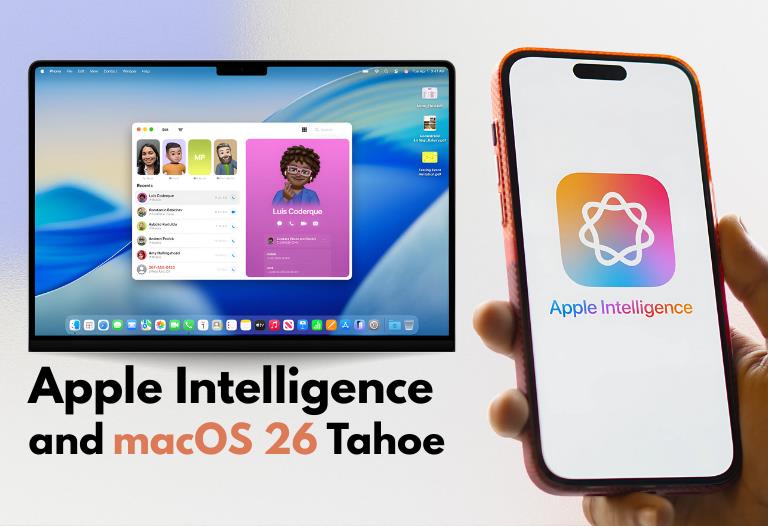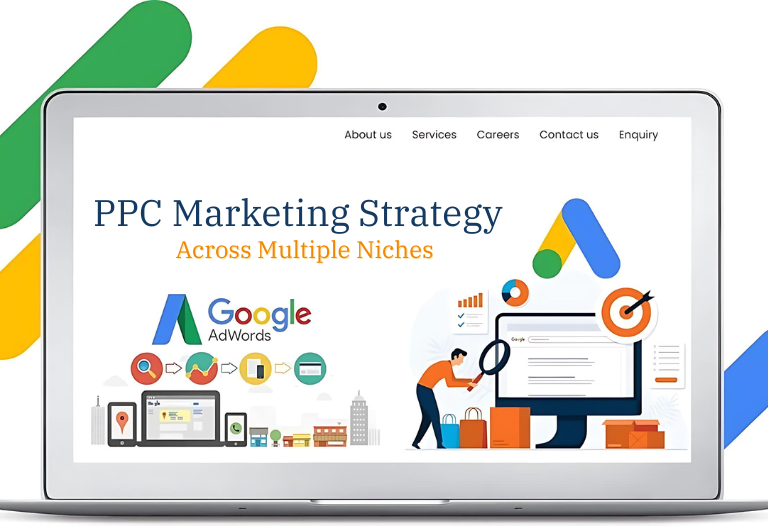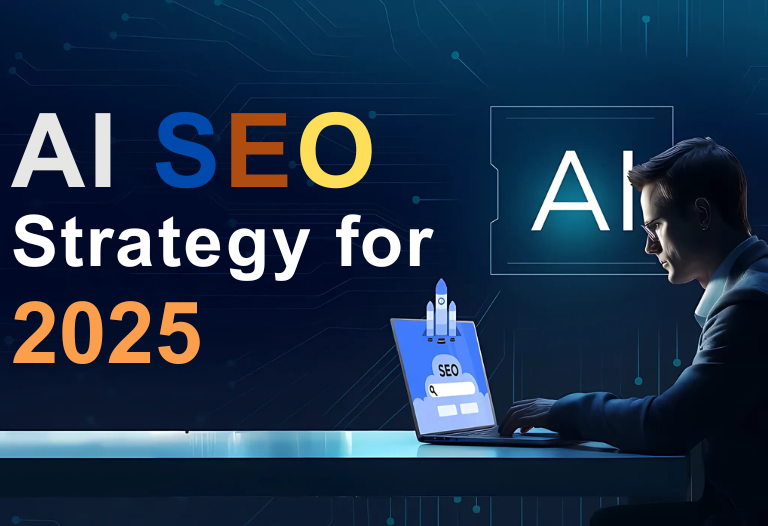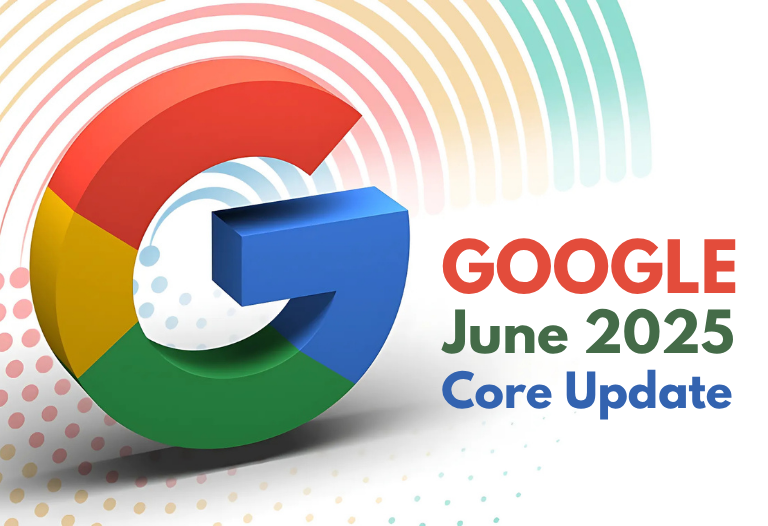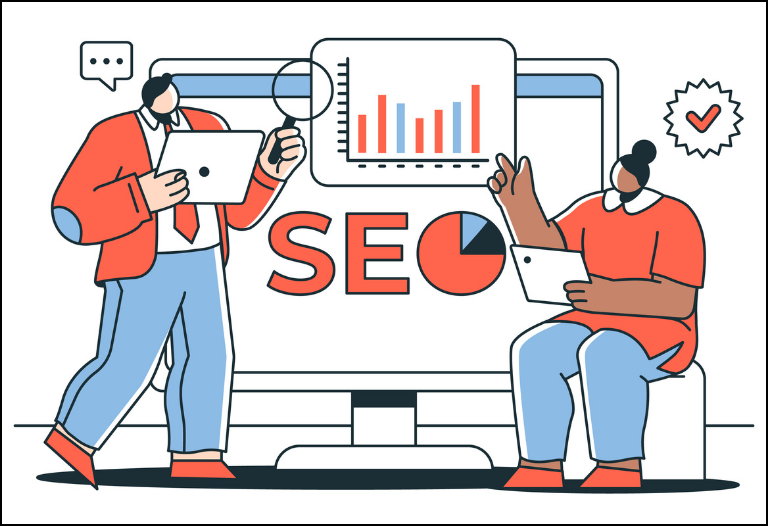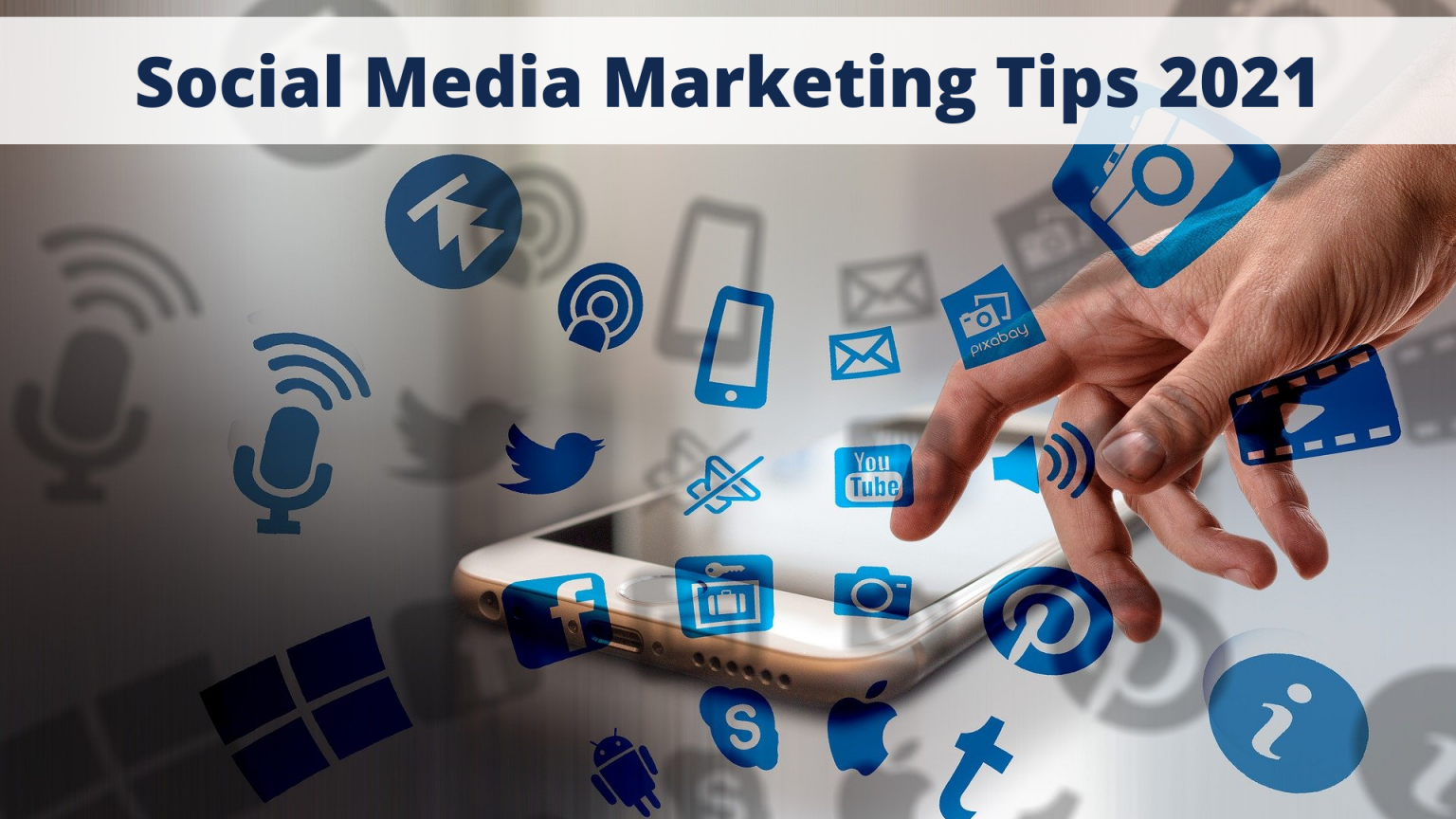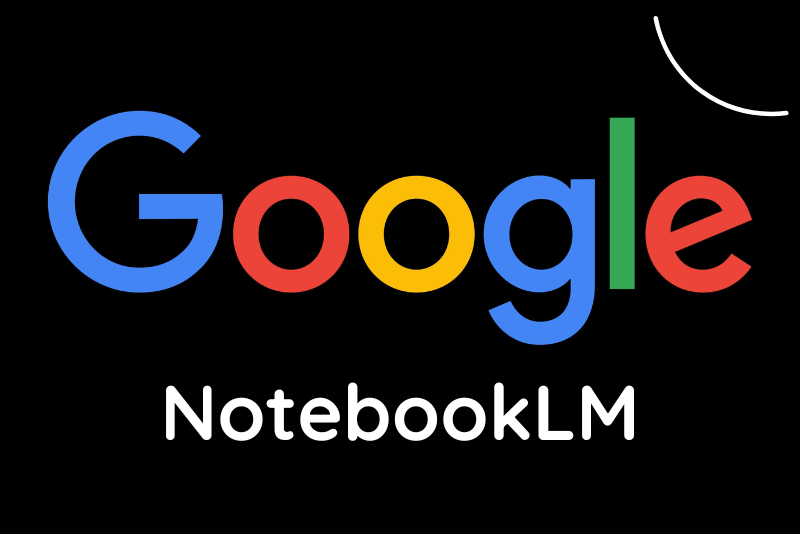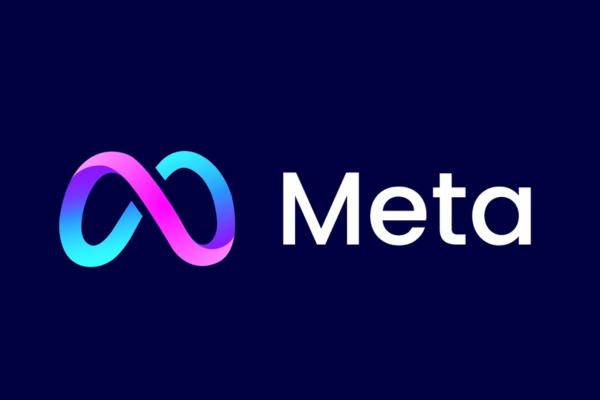
The parent company of Facebook, Instagram, and Threads, Meta, has added visual labels to content created by artificial intelligence.
CEO of Meta, Mark Zuckerberg has revealed a new approach for labelling any content created by AI. The most recent offering from the start-up, Meta AI, currently tags posts produced by AI with the phrase “Imagined with AI,” but it also intends to tag content, produced by Google and Open AI platforms with the same title. Users can benefit from improved clarity in content category separation thanks to Meta’s initiatives, which also involve the other major companies in the AI area.
According to Nick Clegg, President of Global Affairs at Meta, “People want to know where the boundary lies, as the difference between human and synthetic content gets blurred.”
Thus, we must assist users in determining whether the photorealistic information they view has been produced using artificial intelligence. We achieve this by labelling photorealistic photos produced with our Meta AI feature as “Imagined with AI.” remarked Nick Clegg, president of Meta, describing the feature. “For this reason, we have been collaborating with industry partners to establish universal technological standards that identify content produced using artificial intelligence. We will be able to tag AI-generated photos that people upload to Facebook, Instagram, and Threads once we can identify these signals.”
Standards to Cover Several Industries
When it comes to the production and dissemination of AI-generated content, Meta hopes to establish a standard that will be adhered to by many industries. AI is permeating every industry, from advertisements to general posts. Users may become acutely deceived by AI’s photorealistic powers, which may spread false information. If the distinction between AI-generated and actual images, videos, and audio is made, the credibility of information created by humans will be maintained.
Mark Zuckerberg, the CEO of Meta, is in talks with other major tech companies to create a standard for media labelling. Additionally, it has collaborated with several AI forums to find the undetectable indicators in AI-generated photos from other businesses.
The business made it clear that this phase could only happen if other companies, such as Google, Open AI, Microsoft, Adobe, Mi journey, and Shutterstock, began appending metadata to the photos produced by their artificial intelligence (AI) technologies. Meta makes it apparent that AI-generated audio and video cannot currently be identified. To address this problem, the business will permit users to share AI-generated audio and video content on Facebook, Instagram, and Threads.
Key Takeaways
Judging from Meta’s announcement, the following are some significant lessons for businesses and social media marketers:
- As AI image production gains traction, authenticity, and transparency will become increasingly important. While utilizing AI-generated material for marketing, businesses ought to think about making proactive disclosures.
- There might be a split into two groups: those who value “human-made” content and those who accept AI-generated content. Brands need to know what their target market likes.
- Synthetic content might not have a detrimental effect on trust if it is effectively labelled. Marketers should, however, keep a watchful eye on user perception of AI use.
Although Meta’s strategy suggests a gradual change, it will probably happen quickly. Developing adaptable creative and compliance solutions for synthetic content helps marketers stay ahead of the curve.




 February 16, 2024
February 16, 2024